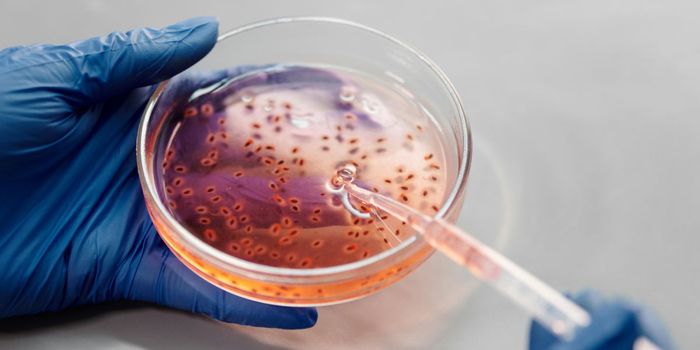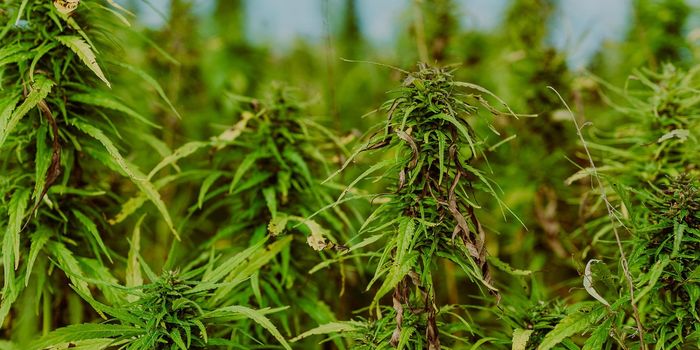After COVID-19 Infection, Risk of Blood Clots Could Remain for a Year
Blood clots are a known risk from a COVID-19 infection. Blood clots are clumps of blood that naturally form to help the body heal from an injury or wound. Blood clots work to stop bleeding by plugging injured blood vessels.
Once blood clots form, there is a risk that they can travel to other parts of the body and cause health issues such as a stroke, pulmonary embolism (which is a blood clot in an artery in a lung), or heart attack.
The risk of blood clots can be reduced by avoiding sitting for long periods, drinking plenty of fluids, losing weight, and lowering high blood pressure.
A recent study from researchers at Bristol, Cambridge, Edinburgh, and Swansea University suggests that the increased risk of developing a blood clot for a COVID-19 infection lasts for about a year.
The researchers examined epidemiological data from 48 million unvaccinated adults in the United Kingdom. They found that within this data set, 260,279 individuals experienced a first arterial thrombosis, and 59,421 individuals experienced a first venous thromboembolic event.
The risk of blood clot events was highest immediately after a COVID-19 diagnosis. The risk of arterial thromboses declines more rapidly than the risk of venous thromboembolic events. In total, the incidence of blood clots remained elevated for up to 49 weeks after a COVID-19 diagnosis in this cohort.
Angela Wood, Associate Director of the British Heart Foundation Data Science Centre and study co-lead, says that “even people who were not hospitalized faced a higher risk of blood clots in the first wave. While the risk to individuals remains small, the effect on the public’s health could be substantial, and strategies to prevent vascular events will be important as we continue through the pandemic.”
The data that was analyzed in this study were collected in 2020 before vaccinations were available in the United Kingdom. This group of researchers is now studying more recent data to understand the effect of vaccination and the impact of the Delta and Omicron COVID-19 variants on blood clots.
Sources: MayoClinic, Circulation








